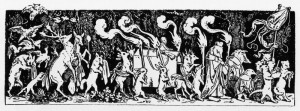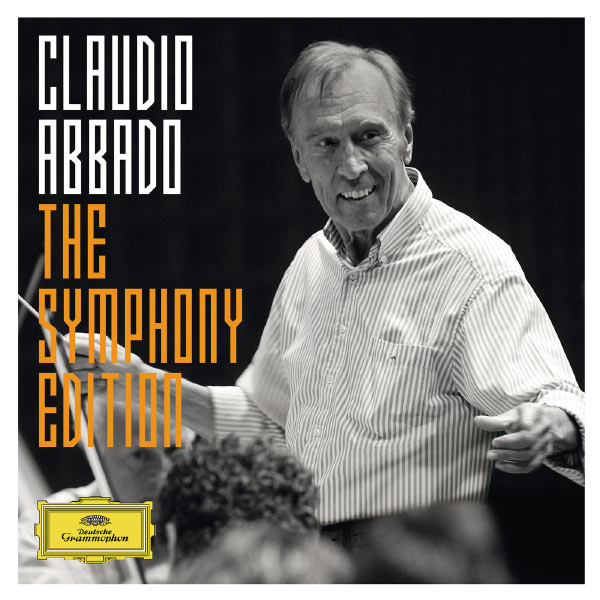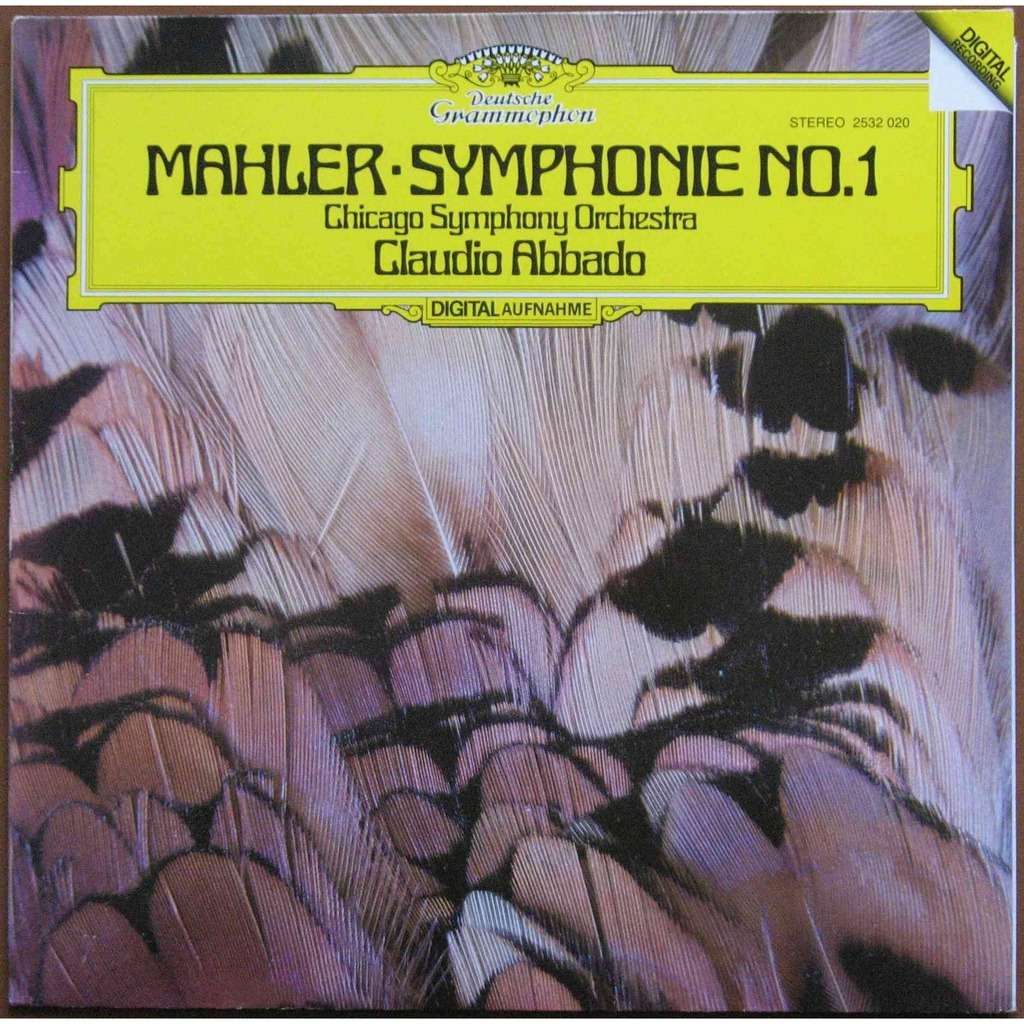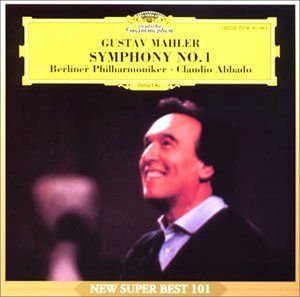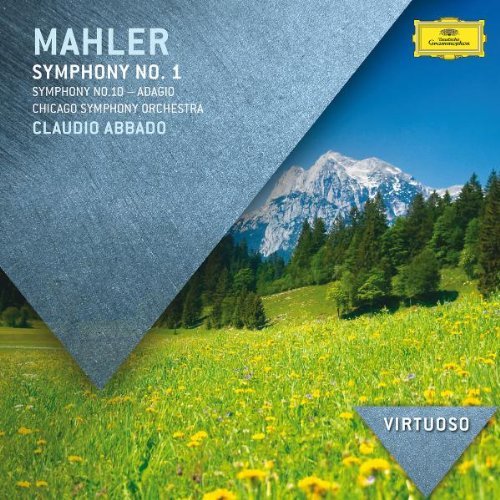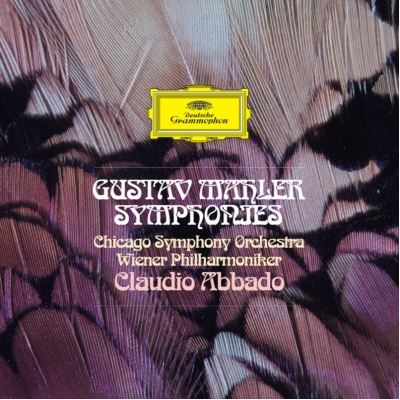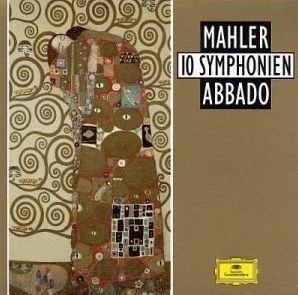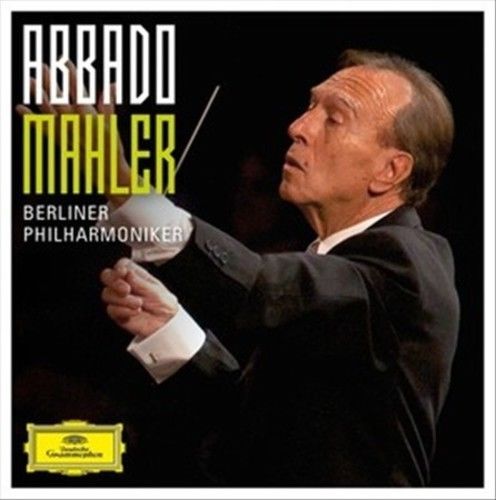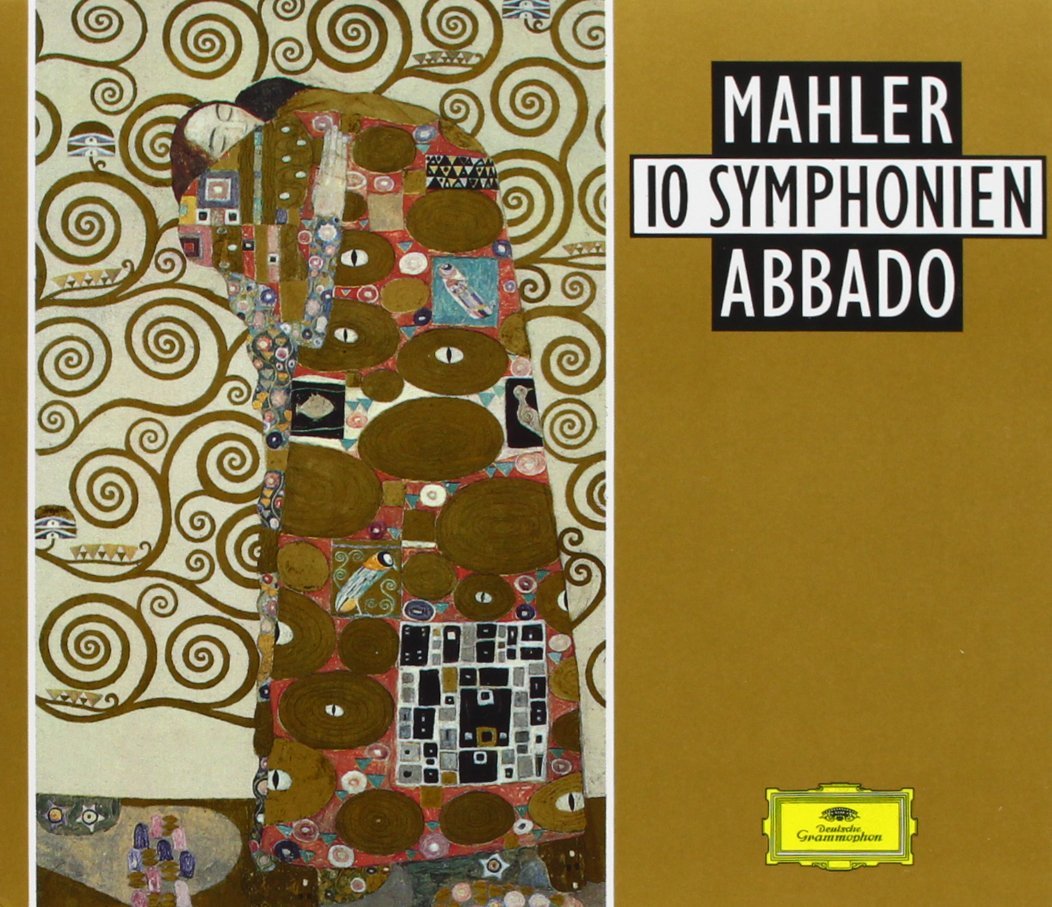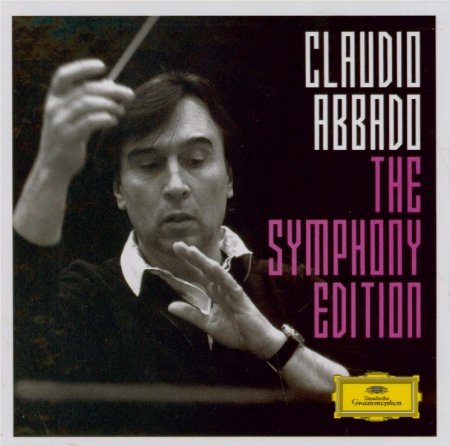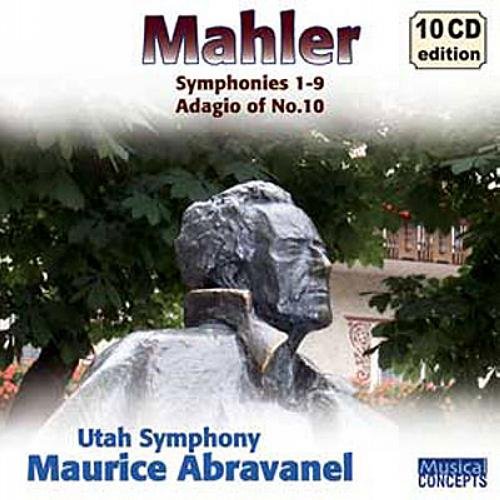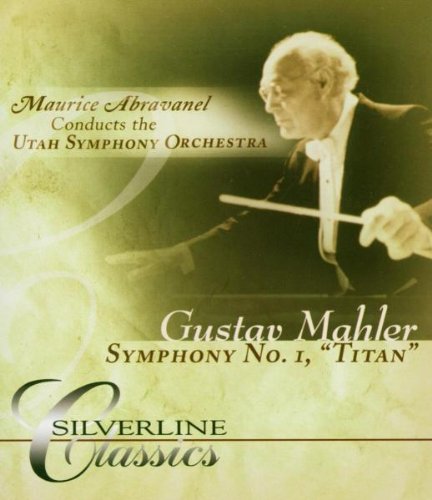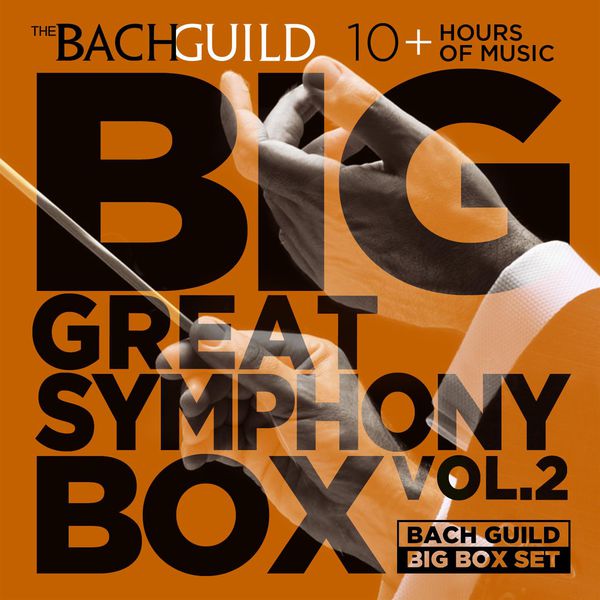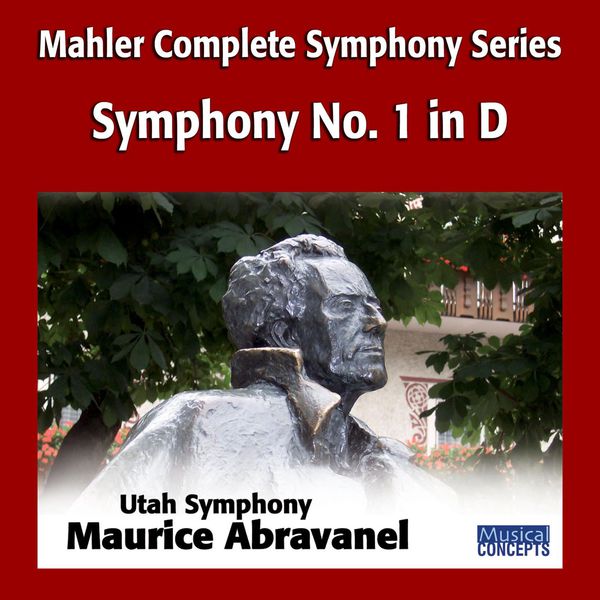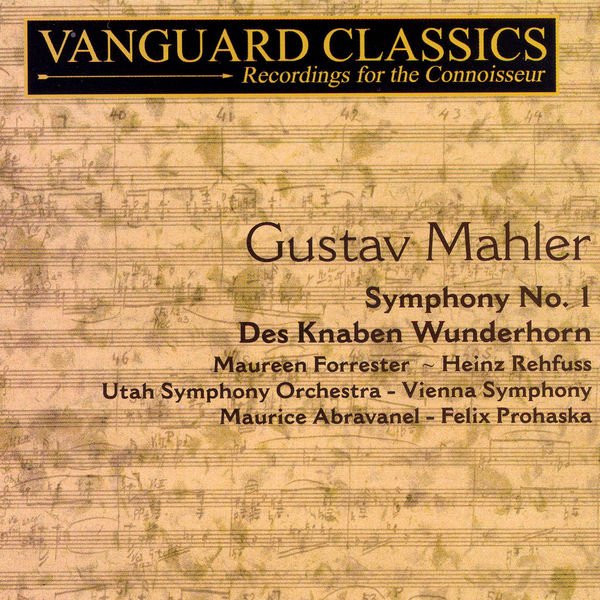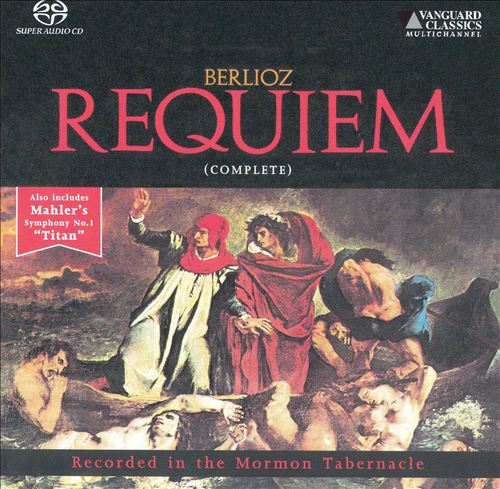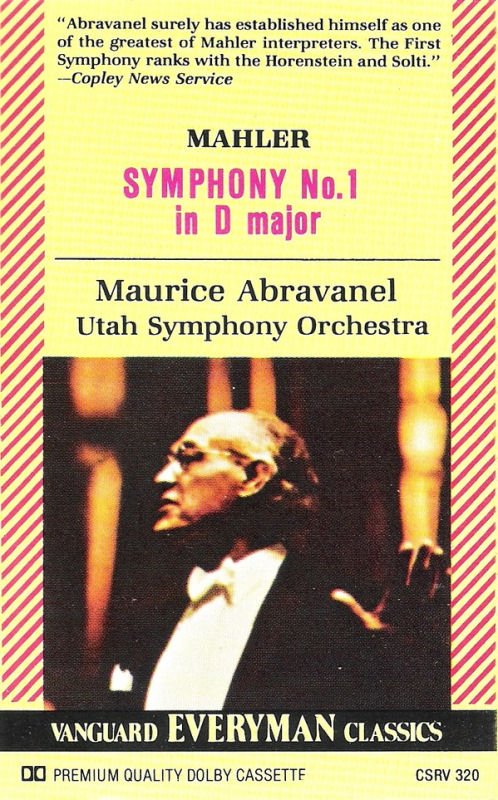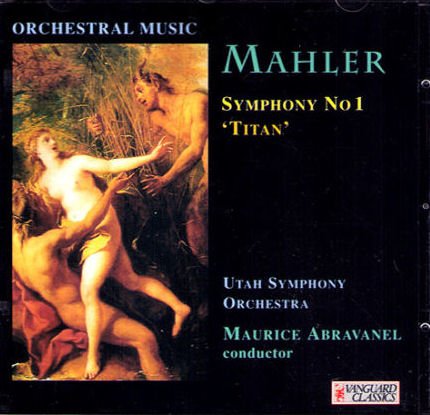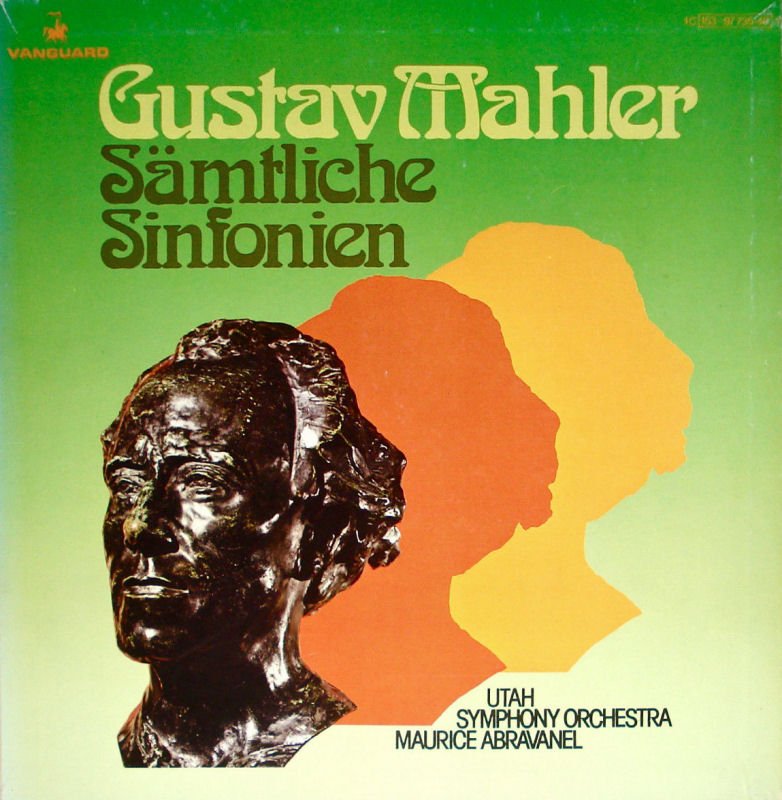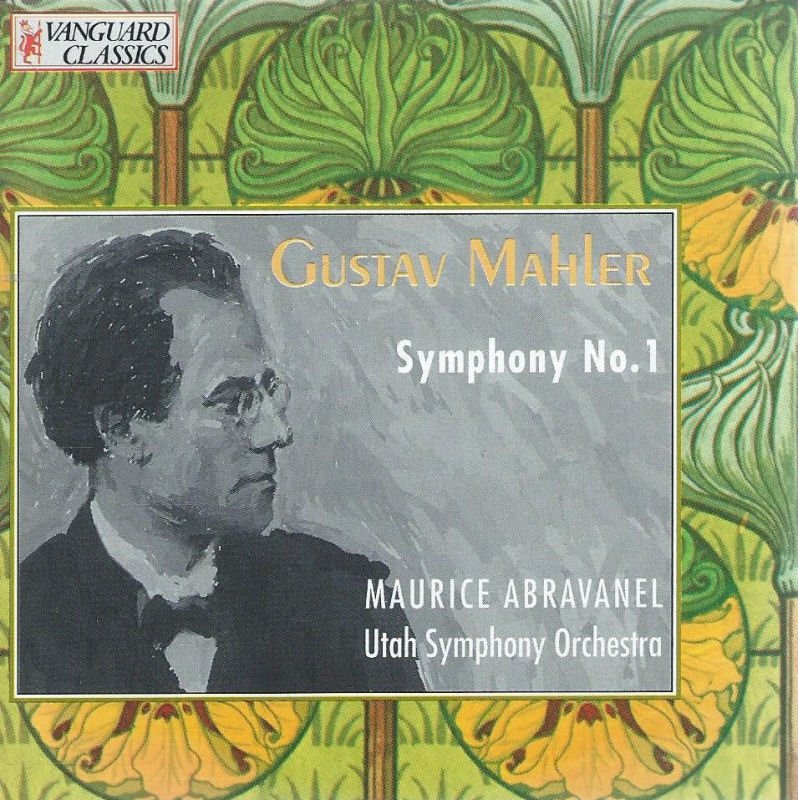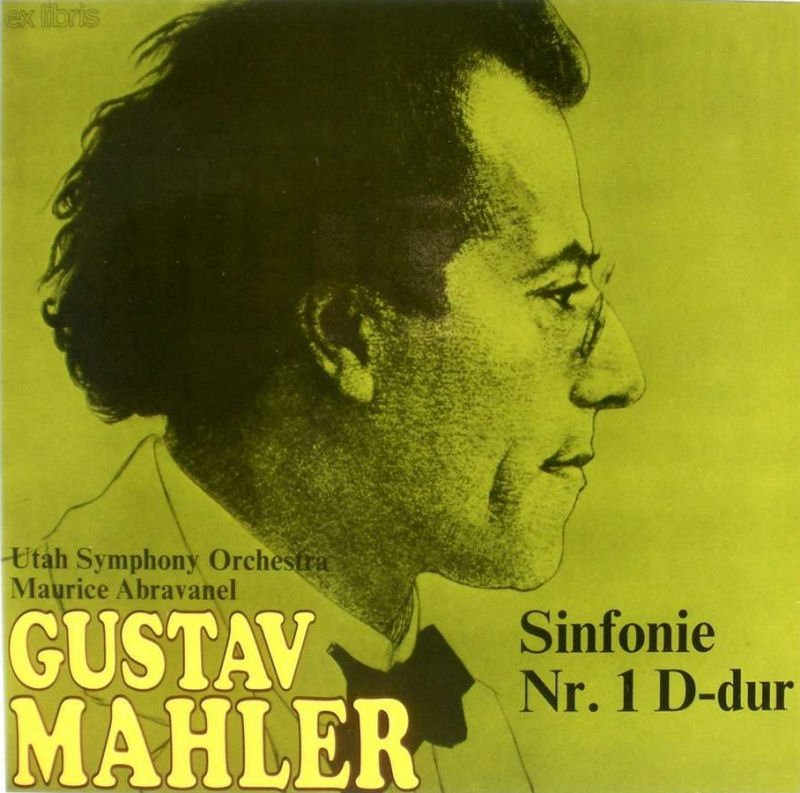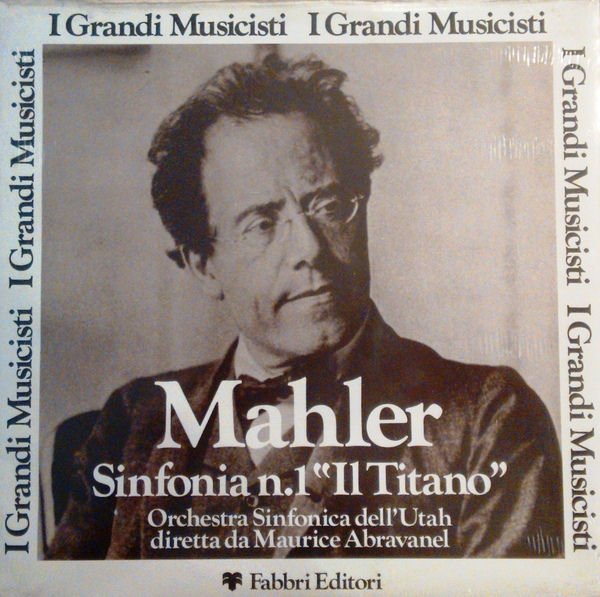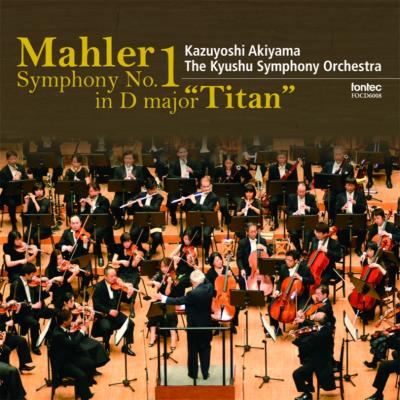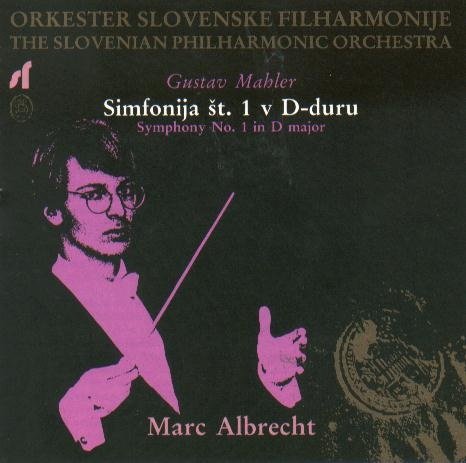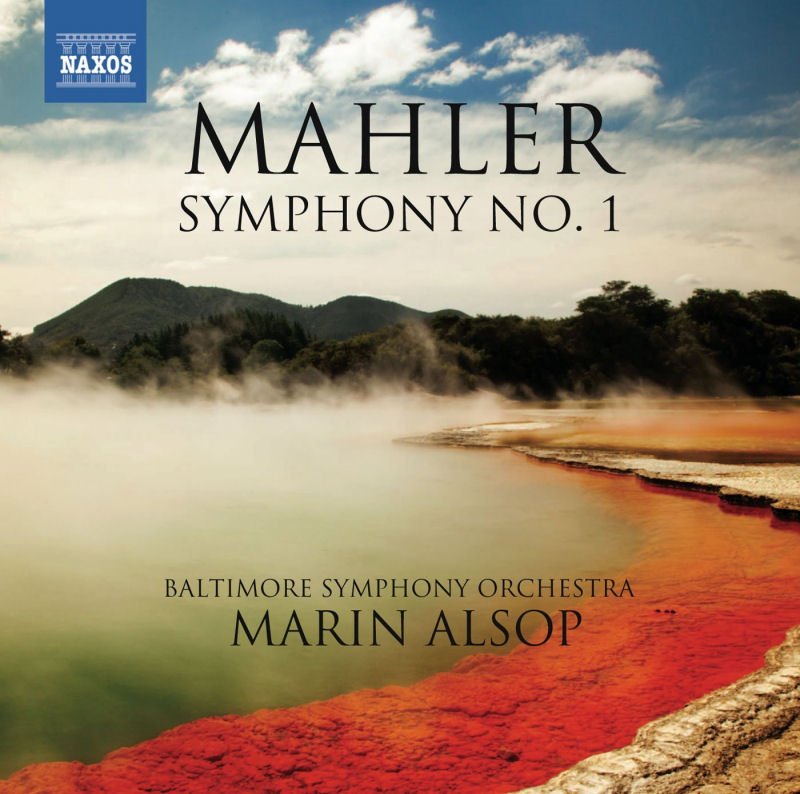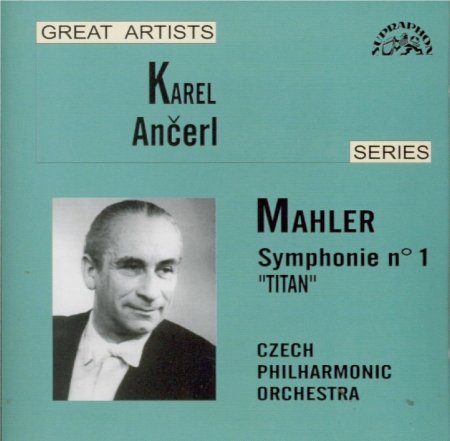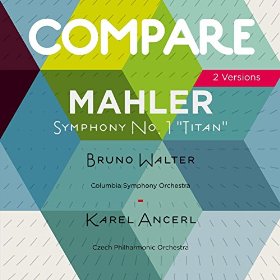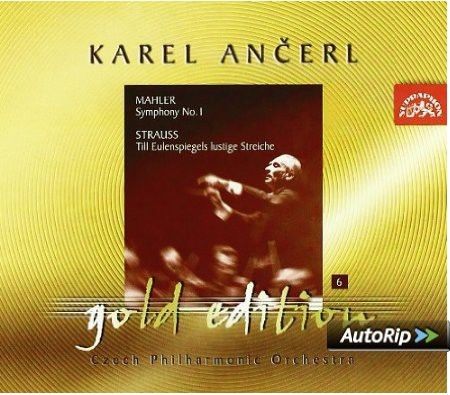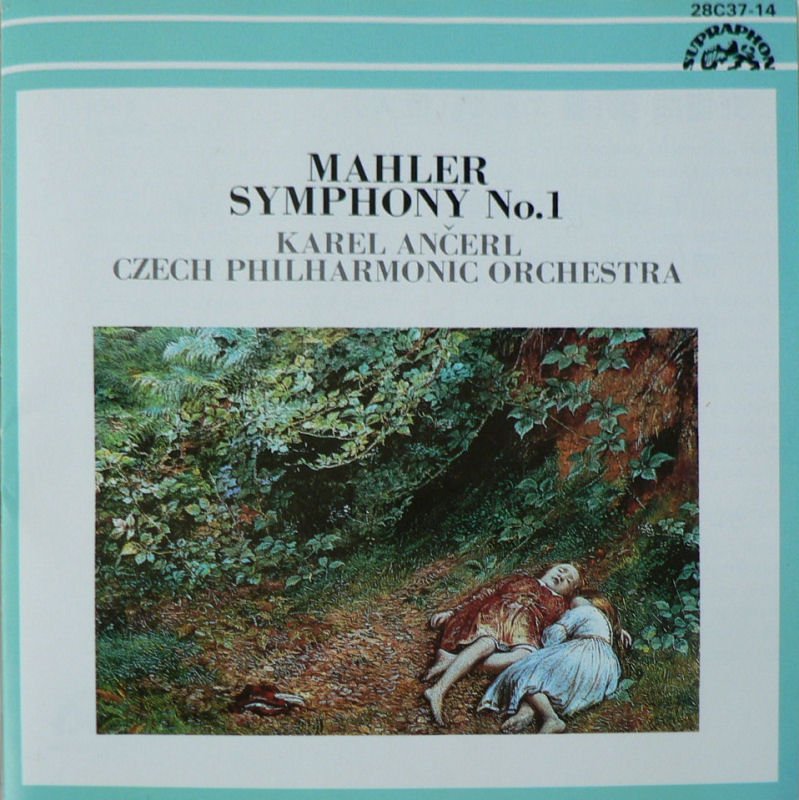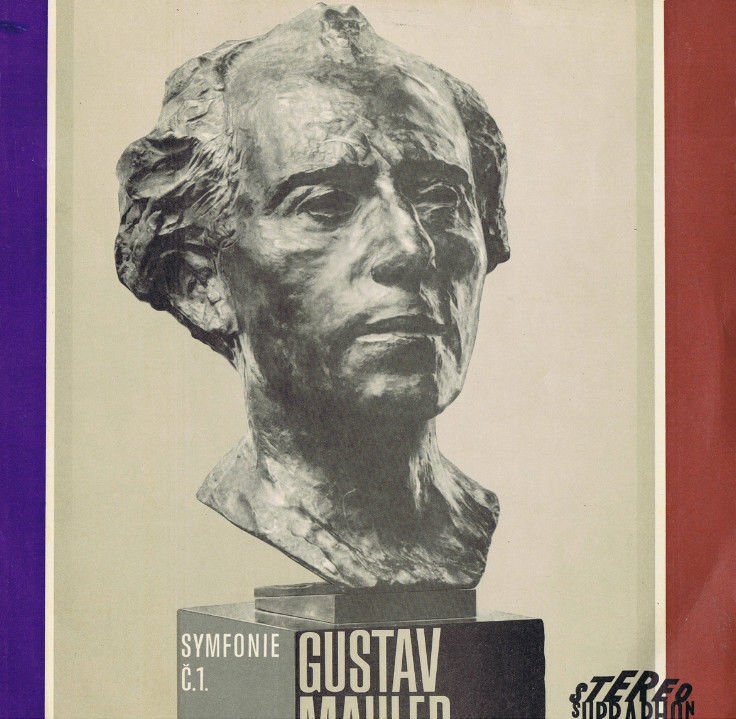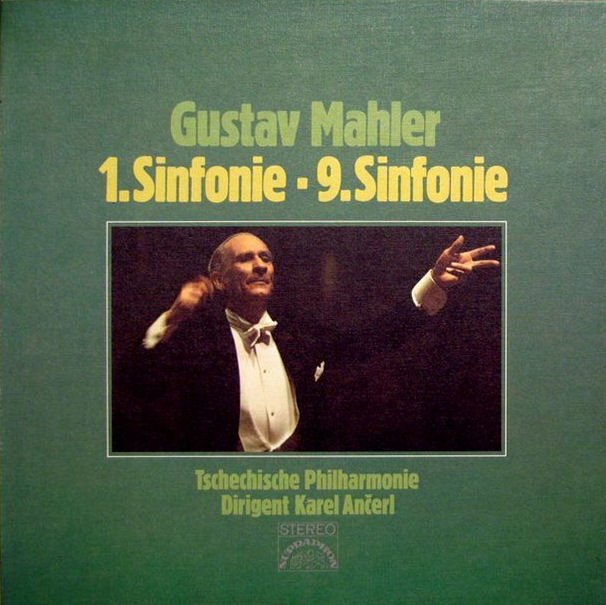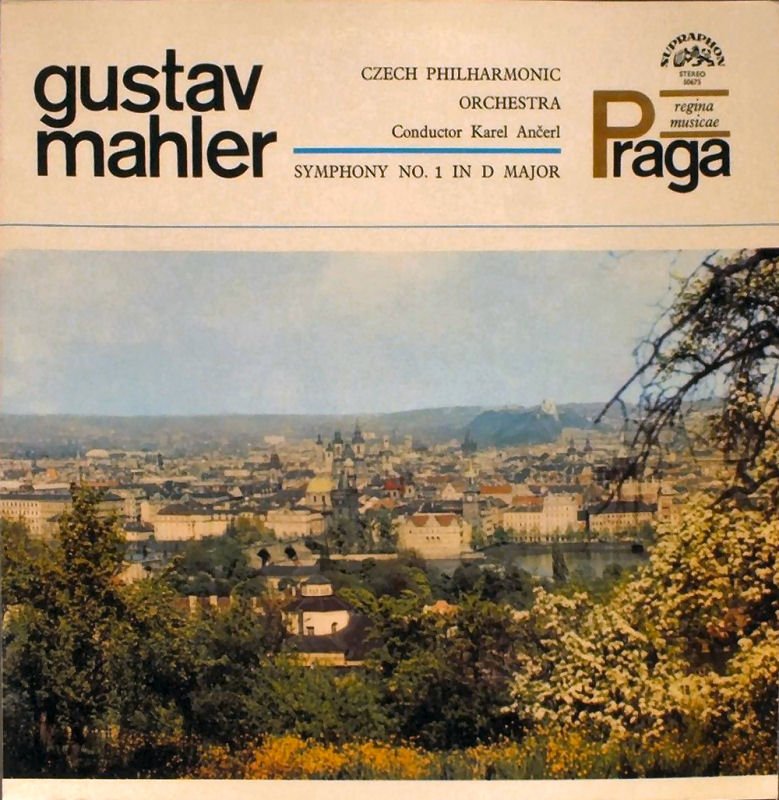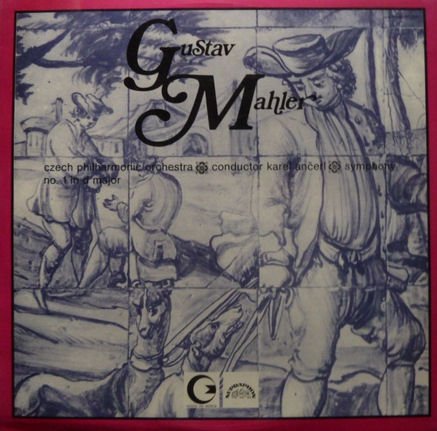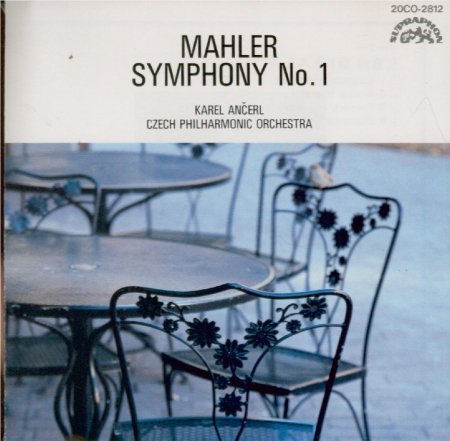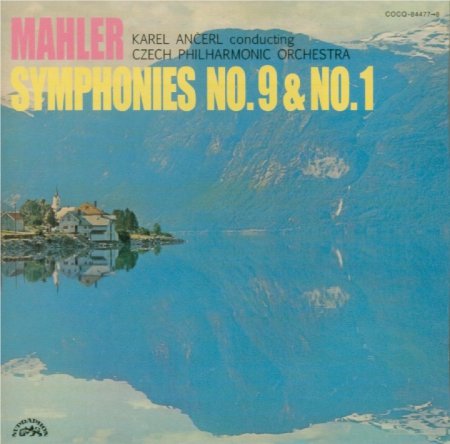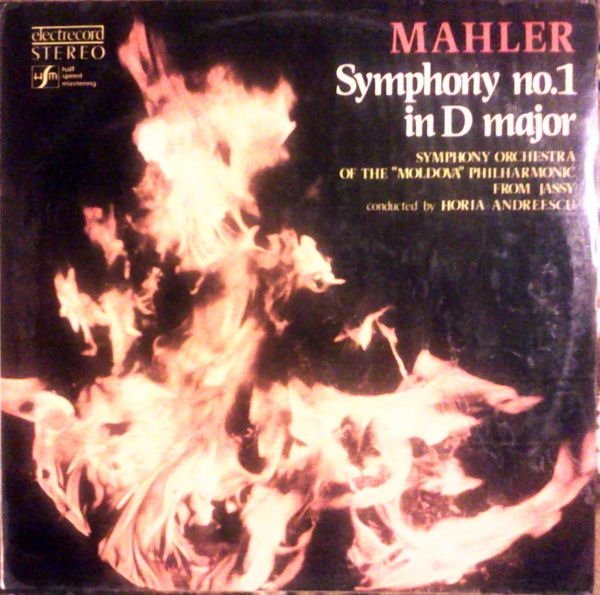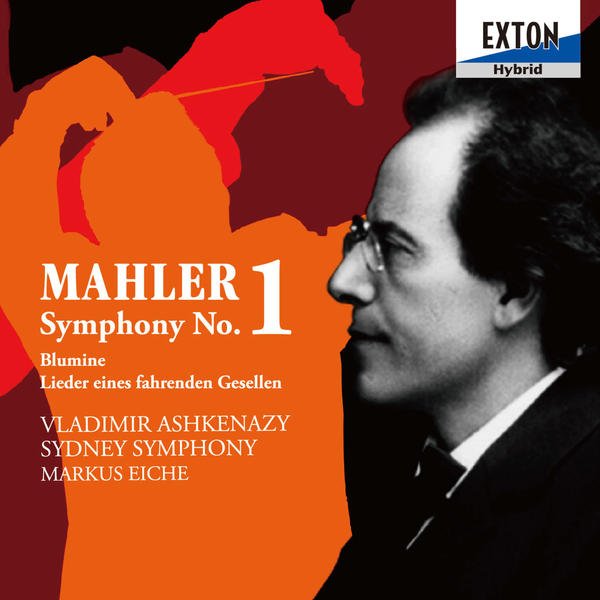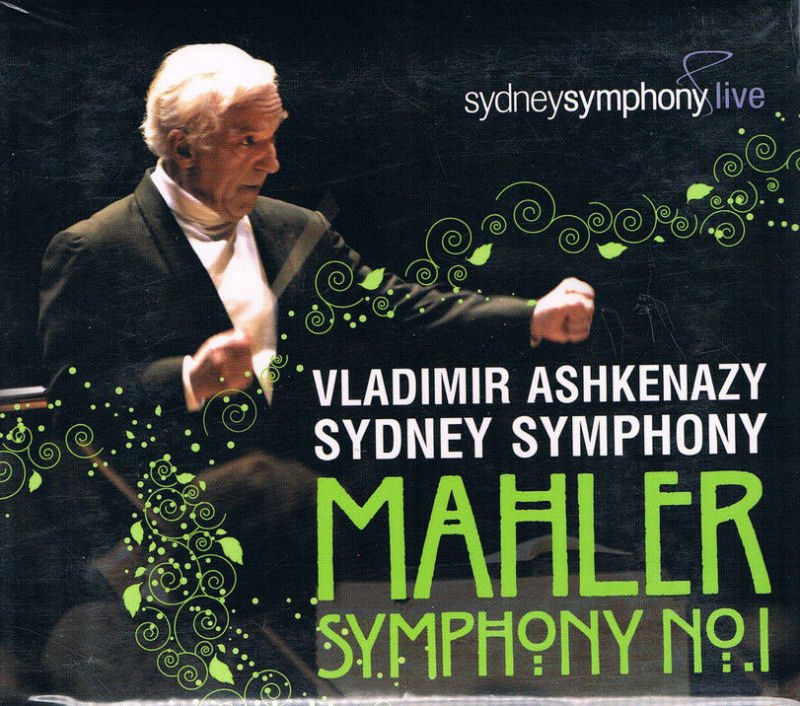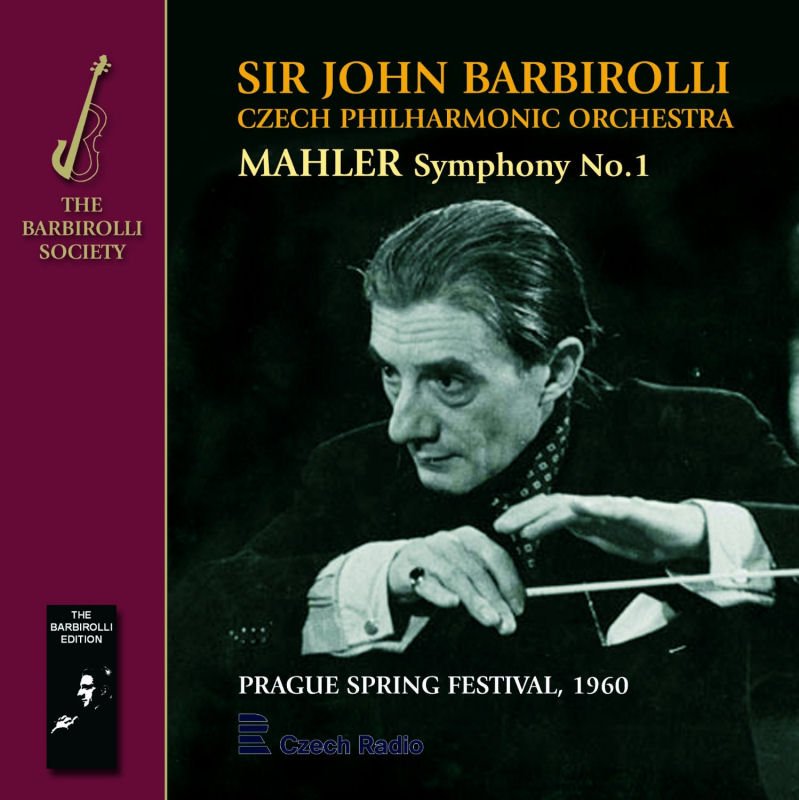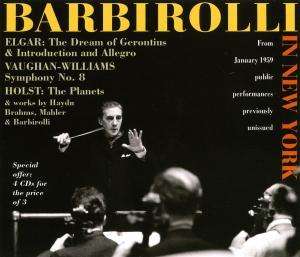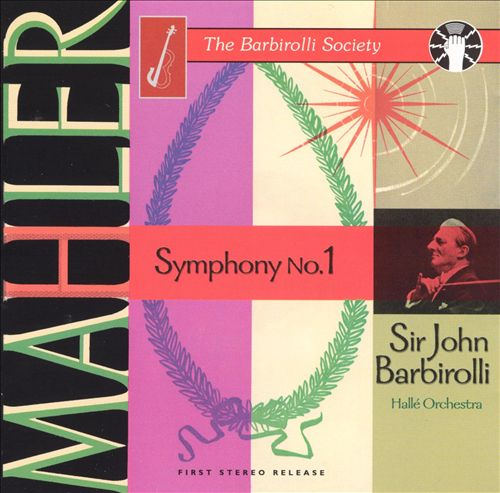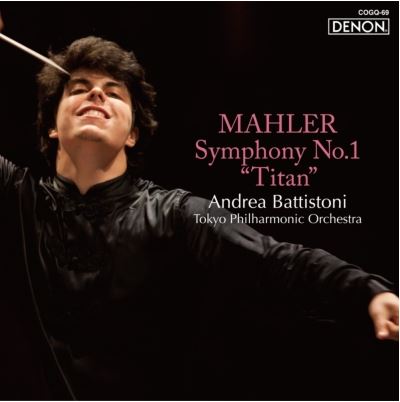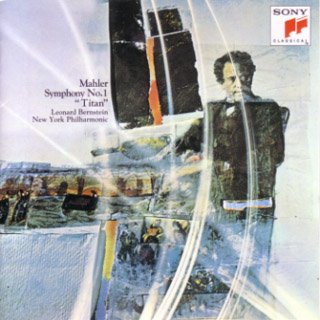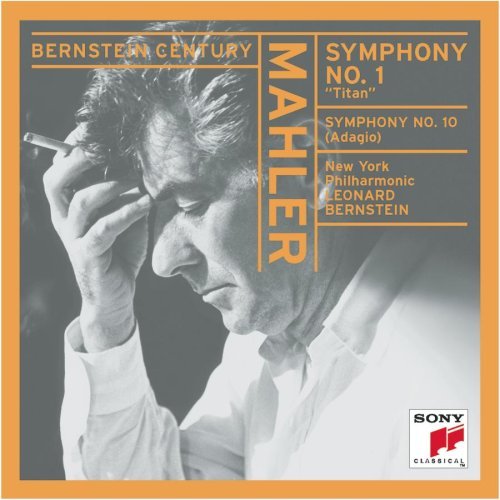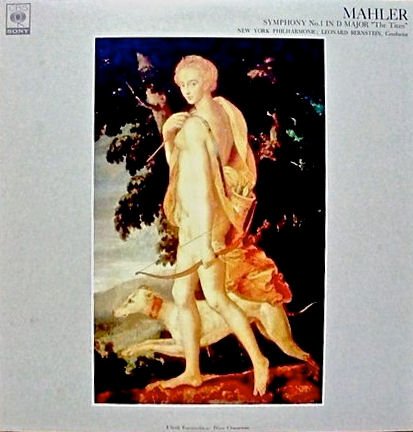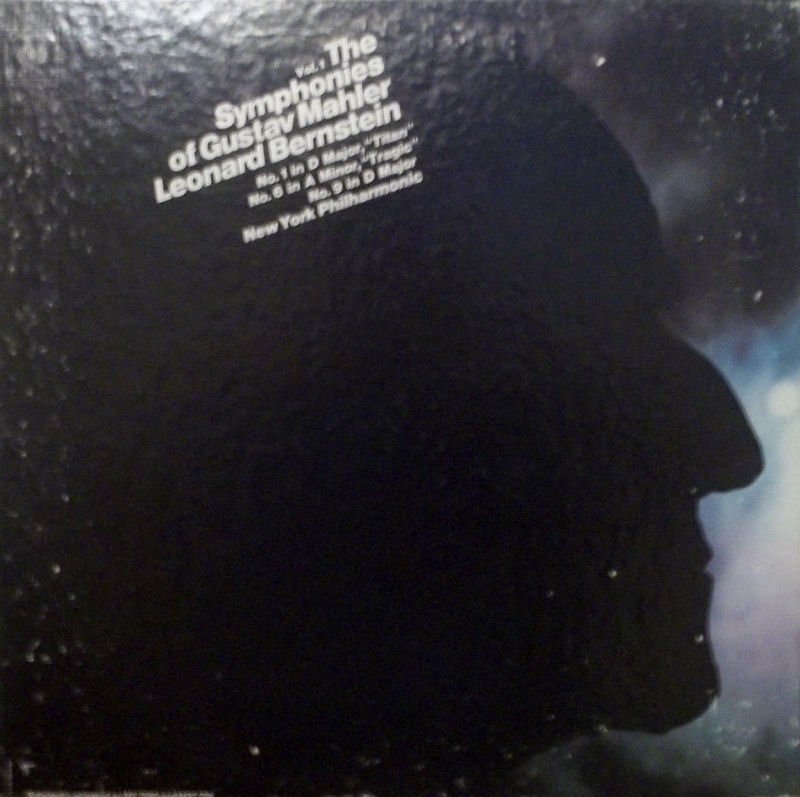Mahler First Symphony Titan – Best versions – See the rest
Some followers know how I am attached to Kubelík in Mahler, I have 6 versions by him. At least 260 versions exist.
We have now access to more than 90 ones, including the last one to date by Nézet-Séguin. I will skip Blumine.
Let’s recall the “borrowings” : Ging heut morgen übers Feld des Lieder eines fahrenden Gesellen quoted in the 1st movement, a less evident quuoting of the Lied Hans und Grethe din the 2nd, Brother John of course in the 3rd as well as the 4th from the Lieder eines fahrenden Gesellen, Die zwei blauen Augen ; some have heard borrowings from The Faust de Liszt or Parsifal.

Finally, for Henry Louis de la Grange, the last movement reflects his affair with Marion Weber, Carl-Maria’s grand-daughter, then married and mother of four children…
Almost 1,000 sleeves pictures on the bottom of this article.
The versions:
1939 Bruno Walter – NBC Symphony Orchestra
1942 Bruno Walter – New York Philharmonic Symphony Orchestra
1947 Bruno Walter – Koninklijk Concertgebouworkest, Amsterdam
1951 Dimitri Mitropoulos – New York Philharmonic
1952 Jasha Horenstein – Wiener Symphoniker
1953 William Steinberg – Pittsburgh Symphony Orchestra
1954 Paul Kletzki – Israel Philharmonic Orchestra
1954 Rafael Kubelik – Wiener Philharmoniker
1954 Hermann Scherchen – Philharmonic Symphony Orchestra of London
1954 Bruno Walter – New York Philharmonic
1956 Rafael Kubelik – Orchestra Sinfonica di Torino della RAI
1957 Georg Solti – Kölner Rundfunk-Sinfonie-Orchester
1958 Adrian Boult – London Philharmonic Orchestra
1960 Georges Sebastian – Orchestre Philarmonique de la RTF – sur Qobuz mais ne fonctionne pas…
1961 Paul Kletzki – Wiener Philharmoniker
1961 Hans Rosbaud – Sinfonieorchester des Südwestfunks Baden-Baden
1961 Bruno Walter – Columbia Symphony Orchestra
1962 Bernard Haitink – Concertgebouw
1962 Erich Leinsdorf – Boston Symphony orchestra
1962 Otmar Suitner – Dresden Staatskapelle
1964 Karel Ancerl – Ceska Filharmonie
1964 Georg Solti – London symphony orchestra
1964 Willem Van Otterloo – Wiener Festpiele Orchester
1966 Leonard Bernstein – New York Philharmonic
1967 Rafael Kubelik – Symphonie-Orchester des Bayerischen Rundfunks
1967 Igor Markevitch – Orchestra della RAI, Torino
1967 Igor Markevitch – Orchestre National de l’ORTF
1969 Kirill Kondrachine – Moscow Philharmonic Orchestra
1969 Jacha Horenstein – London symphony orchestra
1969 Eugene Ormandy – Philadelphia orchestra
1971 Erich Leinsdorf – Royal Philharmonic Orchestra
1972 Bernard Haitink – Concertgebouw
1974 Maurice Abravanel – Utah Symphony Orchestra
1974 Zubin Mehta – Israel Philharmonic Orchestra
1975 Rafael Kubelik – London Symphony Orchestra (exemplaire trop mauvais)
1977 Seiji Ozawa – Boston Symphony Orchestra
1977 Klaus Tennstedt – London Philharmonic Orchestra
1979 Herbert Kegel – Dresdner Philharmonie
1979 Rafael Kubelik – Symphonie-Orchester des Bayerischen Rundfunks
1979 Vaclav Neumann – Czech Philharmonic
1980 Rafael Kubelik – Symphonie-Orchester des Bayerischen Rundfunks
1981 Claudio Abbado – Chicago Symphony Orchestra
1981 Leonard Slatkin – Saint-Louis Symphony Orchestra
1983 Georg Solti – Chicago symphony orchestra
1983 Arpad Joó – Amsterdams Philharmonisch Orkest
1984 Riccardo Muti – Philadelphia Orchestra
1985 Eliahu Inbal – Radio Sinfonie Orchester Frankfurt
1986 Anton Nanut – Simfoniki RTV Slovenija, Ljubljana
1986 Lorin Maazel – Wiener Philharmoniker
1987 Leonard Bernstein – Concertgebouw
1987 Bernard Haitink – Berliner Philharmoniker
1987 Seiji Ozawa Boston – Symphony Orchestra
1988 Zdenek Kosler – Slovakia Philharmonic Orchestra
1989 Claudio Abbado – Berliner Philharmoniker
1989 Edo De Waart – Minnesota Orchestra
1989 Giuseppe Sinopoli – Philharmonia Orchestra
1989 Emil Tabakov – Sofia Philharmonic Orchestra
1989 Christoph Von Dohnanyi – Cleveland Orchestra
1990 Vladimir Fedosseyev – USSR Radio and Television Symphony Orchestra
1990 Armin Jordan – Orchestre de la Suisse romande
1991 Charles Mackerras – Liverpool Philharmonic Orchestra
1991 Libor Pesek – Royal Liverpool Philharmonic Orchestra
1991 Simon Rattle – City of Birmingham Symphony Orchestra
1992 Evgeni Svetlanov – The Russian State Symphony Orchestra
1993 Michel Halasz – Narodowa Orkiestra Symfoniczna Polskiego Radia
1993 James Judd – Florida Philharmonic Orchestra
1994 Yuri Simonov – Royal Philharmonic Orchestra
1994 Günter Neuhold – Badisches Staatstheater Karlsruhe
1995 Riccardo Chailly – Koninklijk Concertgebouworkest, Amsterdam
1997 Christoph Eschenbach – Houston Symphony Orchestra
1998 Pierre Boulez – Chicago Symphony Orchestra
1998 Manfred Honeck – BBC Symphony Orchestra
2000 Fabio Luisi – Sinfonieorchester des Mitteldeutschen Rundfunks
2000 Zubin Mehta – Orchestra del Maggio Musicale Fiorentino
2001 Michael Tilson-Thomas – San Francisco Symphony
2002 Michael Gielen- SWR Sinfonieorchester Baden-Baden und Freiburg
2002 Rico Saccani – A Budapesti Filharmoniai Tarsasag Zenekara
2003 Gabriel Chmura – Narodowa Orkiestra Symfoniczna Polskiego Radia Katowice
2003 Gerard Schwarz – Royal Liverpool Philharmonic Orchestra
2004 Roger Norrington – Radio Sinfonieorchester Stuttgart des SWR
2005 Ken-Ichiro Kobayashi -Japan Philharmonic Orchestra
2005 (?) Vladimir Suk – Ukrainian Festival Orchestra
2006 Mariss Jansons – Koninklijk Concertgebouworkest, Amsterdam
2006 David Zinman – Tonhalle Orchester Zürich
2007 Bernard Haitink – Chicago Symphony Orchestra
2007 Mariss Jansons – Symphonieorchester des Bayerischen Rundfunks
2008 Marin Alsop – Baltimore Symphony Orchestra
2008 Valery Gergiev – London Symphony Orchestra
2008 Zdenek Macal – Czech Philharmonic
2009 Gustavo Dudamel – Los Angeles Philharmonic Orchestra
2010 Sakari Oramo – Royal Stockholm Philharmonic Orchestra
2010 Vladimir Ashkenazy – Sydney Symphony Orchestra
2010 Vladimir Jurowski – London Philharmonic Orchestra
2010 Zdenek Macal – Symfonicky Orchestr HL. M. Prahy FOK
2010 Andrés Orozco-Estrada – Tonkünstler-Orchester Niederösterreich
2010 Georg Tintner – Canada National Youth Orchestrajo
2010 Myung Whun Chung – Seoul Philharmonic Orchestra
2011 Ivan Fischer – Budapest Festival Orchestra
2011 Lorin Maazel – Philharmonia Orchestra
2011 François-Xavier Roth – SWR Sinfonieorchester Baden-Baden und Freiburg
2011 Markus Stenz – Gürzenich-Orchester Köln
2011 Leon Botstein – American Symphony Orchestra
2012 David Bernard – Park Avenue Chamber Symphony
2012 Eliahu Inbal – Tokyo Metropolitan Orchestra
2013 Zubin Mehta – Australian World Orchestra
2014 Thomas Hengelbrock – NDR Sinfonieorchester
2014 Silvano Frontalini – Volgograd Philharmonic Orchestra
2014 Markus Poschner – Bremer Philharmoniker
2015 Hannu Lintu – Finnish Radio Symphony Orchestra
2016 Toshiyuki Kamioka – New Japan Philharmonic
2016 Yannick Nézet-Séguin – Symphonieorchester des Bayerischen Rundfunks
2016 (?) Bernardo Kuznetsov – St Petra Russian Symphony Orchestra
For CD & LP sleeves, the most numerous are by Walter, then Mitropoulos, Nanut… before Kubelik.
Existing videos by the same conductors but not necessarily the same orchestra are marked by ![]()
1st mouvement
1939 – Bruno Walter – NBC Symphony Orchestra
A document, but it is not very audible.
1942 – Bruno Walter – New York Philharmonic Symphony Orchestra
A very serious atmosphere at the beginning, then the sound is saturated.
1947 – Bruno Walter – Koninklijk Concertgebouworkest, Amsterdam
There are other concerts of Walter in the 1st. Taken sound surprising for the time, reading very natural, fluid, very typical sounds, only violins sound dated. 7,5
1951 – Dimitri Mitropoulos – New York Philharmonic
Slow tempo, noisy public, some mistakes, again a document, a reading more dramatic than poetic.
1952 – Jasha Horenstein – Wiener Symphoniker
This time a correct sound, superb joyful and leaping clarinets, horns sometimes at the limit but very Weber-like, cellos a little pale and nasal, but superb glissandi after the resumption and up to the end, I forgot the trumpets. What a conductor! Apart from Walter or Kubelik, not sure to find such well-characterized phrasings. 9
1953 – William Steinberg – Pittsburgh Symphony Orchestra
Everything sounds a little soft, lacks of characterization, sounds like Lehar… 5
1954 – Paul Kletzki – Israel Philharmonic Orchestra
It is very neutral and a little confused, also sluggish… 5,5
1954 – Rafael Kubelík – Wiener Philharmoniker
He had done it several times in Amsterdam and Chicago before. The restitution of the recording presents some drops of dynamics at times, but what an orchestra, it is very inhabited. 8,5
1954 – Hermann Scherchen – Philharmonic Symphony Orchestra of London
Superb beginning, we fell like hearing in a premonition the tempo of the 3rd movement, after it is a little more nonchalant. Triangle, harp bass & drum are very present. The preparation of the climax is very original, relaying on the basses of the orchestra, but the whole lacks both atmosphere and panache, despite a very disheveled end. 7,5
1954 – Bruno Walter – New York Philharmonic
Hard to disqualify this version because I know we will then probably have the best 2nd movement, but we are a little disappointed. The take lacks of dynamics (nuances p to ppp), the whole lacks of poetry and atmosphere. 7,5
1956 – Rafael Kubelik – Orchestra Sinfonica di Torino della RAI
Live. Lots of orchestral and public sounds, but it is pretty much present. Chic, animated, beautiful instrumental performances in the whole. 8
1957 – Georg Solti – Kölner Rundfunk-Sinfonie-Orchester
It is rather prosaic and without much animation. 6
1958 – Adrian Boult – London Philharmonic Orchestra
William Walton wrote to Walter Legge, when Kubelík chose Chicago in 1951 rather than succeed Adrian Boult as head of the BBC symphony: “I am really sorry about the departure of Kubelík, it could have helped to have permanently a decent conductor in the country”.
The trumpets are really ppp, played behind the scenes. Everything sounds perfect, the dynamics, the general going, only the flutes are a little disadvantaged by the sound. The slowdown of the tempo before the final peroration is striking. 9
1961 – Paul Kletzki – Wiener Philharmoniker
This is obviously better than with Israel at the time. Beautiful horns, beautiful start, but then it lacks emphasis and bores strongly (but it is definitely a habit with this conductor). 6,5
1961 – Hans Rosbaud – Sinfonieorchester des Südwestfunks Baden-Baden
Its is distorted, rather ugly tones, compressed dynamic and without much interest, a disappointment.6,5
1961 – Bruno Walter – Columbia Symphony Orchestra
Ambiance, mystery at the beginning, trumpets very distant, end of the “awakening” very poetic, very beautiful orchestra, the whole may be a bit slow but unfolding in evidence. 8,5
1962 – Bernard Haitink – Concertgebouw ![]()
It would therefore be a first recording before his famous integral with the same Concertgebouw. Tempo going, trumpets too present: it’s marked ppp. Delicate woods, mellifluous flexibility of the orchestra, a few passages a little prosaic (sound a bit hard), end a little pressed but very lively. 7,5
1962 – Erich Leinsdorf – Boston Symphony orchestra ![]()
What a beautiful sound! Very nice introduction. All interventions are heard at all stands. This conductor had a certain repetition of “metronomy”, it is felt slightly in some passages a little static, but we will rarely find better played, conducted and recorded … 8,5
1962 – Otmar Suitner – Dresden Staatskapelle
Remote recording, few tones, trumpets three kilometers away. An apathetic beginning, after which it is a little animated, the central passage is a very funereal procession, anticipating the 3rd movement, but then we sometimes lack accents; A version more dreamy than tonic. 7,5
1964 – Karel Ancerl – Ceska Filharmonie
Very linear, barely audible trumpets, everything sounds small and cramped, the sound is definitely ill defined, but I’m not sure there is much to define. 6
1964 – Willem Van Otterloo – Wiener Festpiele Orchester
Average orchestra, linear, rather prosaic. 6
1966 – Leonard Bernstein – New York Philharmonic ![]()
The beginning of hostilities CBS / Philips / Decca / DG … Everything sounds a bit gentle, the trumpets in the distance, the horns before the 2; A reading that seems very external. 6,5
1967 – Rafael Kubelik – Symphonie-Orchester des Bayerischen Rundfunks
The “rising” is not in the murmur but in full sun. I have not listened to it for a long time: everything seems brilliant to me: phrasing, contrasts, animation, tones, in short. 9
1967 – Igor Markevitch – Orchestra della RAI, Torino
Live – Taking its catastrophic, saturations, tones magnified.
1967 – Igor Markevitch – Orchestre National de l’ORTF
This concert made us strong impression 16 years ago … The woods sound very “French”, trumpets – perfectibles – in the room, a lot of noises, a very direct, fast, lively, but it lacks finishing . 7,5
1969 – Kirill Kondrachine – Moscow Philharmonic Orchestra
It is slow, rather insipid, you feel that the conductor is looking for, with some intentions here and there … 6
1969 – Jacha Horenstein – London symphony orchestra
From the beginning we are caught, ideal trumpets, superb orchestra, the interventions appear exactly at the moment when one expects – hopes them. Maybe a little less accents than in Vienna. 8,5
1969 – Eugene Ormandy – Philadelphia orchestra
Ormandy recorded only 1, 2, 10-Cooke and Das Lied. It is certain that nature sleeps at the beginning … Reading without relief. 6,5
1971 – Erich Leinsdorf – Royal Philharmonic Orchestra
I recommend the cover … One finds, with little-perhaps a little less extreme instrumental quality, the version of 1962 with Boston. 8
1972 – Bernard Haitink – Concertgebouw
Very slow tempo. It is actually “immer gemächlich”, but nothing happens, it is less interesting than ten years before. 7
1974 – Maurice Abravanel – Utah Symphony Orchestra
Of Sephardic origin, he will have been the youngest conductor at the MET in 1934, recommended by Walter and Furt. The Utah orchestra which he founded is now directed by Thierry Fischer. His integral had received a certain critical echo. The tones lack relief, but it is light, lively. 7,5
1974 – Zubin Mehta – Israel Philharmonic Orchestra
There was a concert with the Orchestre symphonique de Montréal, of which he was the artistic director of the OSM from 1961 to 1967, in 1963 for the inauguration of the Salle Wilfrid-Pelletier. The initial unison of the strings sounds bad. Beautiful sound, but the whole lack of life and character. 7
1977 – Seiji Ozawa – Boston Symphony Orchestra
The big ‘winner’ of our discography of the Rite. But we have always been perplexed by the reputation of hi Gürre Lieder for example. Very light version, a lot of atmosphere, not the chic of the Leinsdorf version, but again what orchestra and a superb animation in the end! 8,5
1977 – Klaus Tennstedt – London Philharmonic Orchestra ![]()
From the first measurements, one feels that it will sound but without great necessity. It is very beautiful plastic, but we are not concerned, we are not even far from Ketelbey sometimes … 7
1979 – Herbert Kegel – Dresdner Philharmonie
Slow tempo, undefined tones, medium orchestra (horns), very placid version. 7
1979 – Rafael Kubelik – Symphonie-Orchester des Bayerischen Rundfunks
This is the concert edited by Audite. Lack of sound presence, fruity stamps (we hear distinctly 2 lines of horn at number 3). Amazing atmosphere when we just listened to Kegel … Trumpets really distant. No recovery. One has the beauty of the phrasing (strings!), But it is a reading lacking commitment, except the end very removed. magnificent. 8
1979 – Vaclav Neumann – Czech Philharmonic
A friend of Kub despite the “wall” at the time (cf.). Reading quite fast, catchy at first, then a little faded. 7,5
1980 – Rafael Kubelik – Symphonie-Orchester des Bayerischen Rundfunks ![]()
This is a concert edited on DVD by Dreamlife. I was told that it was the same concert as the previous one. In any case, the sound is very present, we are in the Herkulesaal, it is instrumentally appropriate (horns, trumpets, the warm tone of the flautist Irena Grafenauer …), everything sings, everything is wonderfully arranged, in short. 9 (Kubelik had for once seemed to be happy with the result ..).
1981 – Claudio Abbado – Chicago Symphony Orchestra ![]()
![]()
We do not hear much. It’s very slow, it does not work, the end is doped to the potentiometer. 5
1981 – Leonard Slatkin – Saint-Louis Symphony Orchestra
A little apathetic, instruments without relief. 6
1983 – Georg Solti – Chicago symphony orchestra
The sound recording is curiously rather ill-defined. It is very “studio”, a little melted and bland. 7
1983 – Arpad Joó – Amsterdams Philharmonisch Orkest
A practically unknown conductor, a pupil of Zoltan Kodaly. I was impressed by his complete Liszt symphonic poems in Budapest. Very nice version, beautiful balance orchestral, atmosphere, animation. 8
1984 – Riccardo Muti – Philadelphia Orchestra
Tempo very slow, superb woods, beautiful construction, orchestral finish, some foucades. It’s a little like an orchestral demonstration but it’s beautiful … 8
1985 – Eliahu Inbal – Radio Sinfonie Orchester Frankfurt
The famous Inbal integral of which Henri-Louis de la Grange did not cease to praise the publications in the French revue Diapason (he described Kubelik as a Kapellmeister… – it is not because one has devoted his life to compiling documents and testimonies on Mahler that he is a good critic. I confess that at the time I could not stand 10′ of this integral. It is a bit linear, the overall image of the orchestra is a bit “Plan-Plan” The version I listen to is oddly folded with differences of sound presence, no extreme bass as for Muti. No mistake but annoying. 7
1986 – Anton Nanut – Simfoniki RTV Slovenija, Ljubljana
This excellent leader has just passed away last January. It is not the great orchestral luxury, some balance problems, everything is not perfect but we have a real interpretation, animation. 8
1987 – Leonard Bernstein – Concertgebouw
The second integral Bernstein, for DG. Superb G at strings. Everything binds well despite the slow tempo. Excellent sounding, every solo intervention is a treat. One may not like this bias of slowness in a Celibidache way or the desire to bring out all the parts a little secondary, but it is captivating if not transporting. 8
1987 – Bernard Haitink – Berliner Philharmoniker ![]()
Tempo as slow as the previous one. Trumpets far removed. This time it is really too slow: the musical lines do not hold almost any more. A sumptuous orchestra, it accelerates a little before the reprise. Superb plasticity of the strings, no extreme bass. Great lack of animation. 7
1987 – Seiji Ozawa – Boston Symphony Orchestra
10 years after the DG version, he made it again for Philips.
Beautiful sound, oboe exaggerated before the No. 1, but magnificent instrumentalists. The bass drum is not heard enough. End virtuoso, a beautiful reading. 7,5
1988 – Zdenek Kosler – Slovakia Philharmonic Orchestra
This Czech conductor, Bernstein’s assistant in his youth, died in 1995. This time, we have animation, a true interpretation, we would have kept if the sound recording and the orchestra (cello) had been better . 7.5
1989 – Claudio Abbado – Berliner Philharmoniker
It is absolutely beautiful … probably one of the most beautiful orchestral performances, but does not concern us very much: everything is too polished, but it is so beautiful that we keep it for the suite! 8,5
1989 – Edo De Waart – Minnesota Orchestra
A beautiful orchestral version with some mobility, no flaw, no prominent either.7,5
1989 – Giuseppe Sinopoli – Philharmonia Orchestra ![]()
It lacks a little of life but no of atmosphere, taking a little bit wrapped up; a rather aesthetic reading that we can find endearing, but a bit loose for my taste.7,5
1989 – Emil Tabakov – Sofia Philharmonic Orchestra
I had been disappointed by his 9th – cf.
We hardly hear trumpets, average instrumentalists and we are bored … 6
1989 – Christoph Von Dohnanyi – Cleveland Orchestra
Already heard this conductor with the Orchestre de Paris for a very routine concert. It looks like marshmallow. 6
1990 – Vladimir Fedosseyev – USSR Radio and Television Symphony Orchestra
Curious balance, style i Heear you then later on I don’t, rather exterior. 6,5
1991 – Charles Mackerras – Liverpool Philharmonic Orchestra
It’s less bad than I expected, dynamic guidelines respected to the letter, but it does not fascinate. 7
1991 – Libor Pesek – Royal Liverpool Philharmonic Orchestra
The same orchestra, the same year apparently. It’s a little more alive with more atmosphere, we do not hear all the details.7,5+
1991 – Simon Rattle – City of Birmingham Symphony Orchestra ![]()
We don’t hear much at the beginning (trumpet ppppp). It goes off more and more later on. 6
1992 – Evgeni Svetlanov – The Russian State Symphony Orchestra
It is indeed langsam Schleppend, but it is lively, splendid instrumental interventions, vibrating brass, the only one to do the oboe pp before 1, very pastoral atmosphere, cymbal a little loud at the end. 8,5
1993 – Michel Halasz – Polish National Radio Symphony Orchestra
Tempo enough going, why from the n ° 3 do we still hear the interventions of the winds as in a fog? All this is a little tisane 6,5
1993 – James Judd – Florida Philharmonic Orchestra
There we are in the mint-lime, all lack of sound and character. 6
1994 – Yuri Simonov – Royal Philharmonic Orchestra
Phew, sound, tones, non-artificial animation, certainly not the best orchestra or the most refined reading, but it’s very much alive. 8
1995 – Riccardo Chailly – Koninklijk Concertgebouworkest, Amsterdam
Pace, strength, amazing instrumentalists, here a real conductor again. 8,5
1997 – Christoph Eschenbach – Houston Symphony Orchestra ![]()
A reading of the score. 5,5
1998 – Pierre Boulez – Chicago Symphony Orchestra
Wonderfully done (the 4 horns at number 3 for example), but not very lively. 7,5
1998 – Manfred Honeck – BBC Symphony Orchestra
Recording lacks of presence sometimes, slow tempo, beautiful tones, expressive intentions, but we are bored stiff.7
2000 – Fabio Luisi – Sinfonieorchester des Mitteldeutschen Rundfunks (Vienna symphoniker ?)
Trumpets in the room, everything is flat. 6
2001 – Michael Tilson-Thomas – San Francisco Symphony
It’s well played, slow, without much necessity. 7
2002 – Michael Gielen – SWR Sinfonieorchester Baden-Baden und Freiburg
Here is a conductor who had something to say, life, relief, even if it is sometimes a bit too tight. 8
2002 – Rico Saccani – A Budapesti Filharmoniai Tarsasag Zenekara
Orchestral tones quite pale, it’s pretty inconsistent from the n ° 4. 5,5
2003 – Gabriel Chmura – Narodowa Orkiestra Symfoniczna Polskiego Radia Katowice
Correct orchestra, lines well developed, but it’s a little jostled. 7
2003 – Gerard Schwarz – Royal Liverpool Philharmonic Orchestra
Sound a little distant, beautiful beginning, then it’s pretty apathetic and without great relief. 6
2004 – Roger Norrington – Radio Sinfonieorchester Stuttgart des SWR
Very rural clarinets, as many do not respect the schnell indication of the end of the first appearance of the trumpets – very far away besides, like others it drowns the n ° 3 to ‘wake up nature’, but doesn’t succeed from the n ° 4. 6,5
2005 – Ken-Ichiro Kobayashi -Japan Philharmonic Orchestra
Beautiful beginning, beautiful tones, trumpets in the room, we do not really hear the harp, weird noises at No. 9 (the conductor will sing almost all along, stamping), but it’s very addictive, a real conductor. 8,5
2005 (?) – Vladimir Suk – Ukrainian Festival Orchestra
Unknown conductor. pleasant version, orchestra a bit rustic.7
2006 – Mariss Jansons – Koninklijk Concertgebouworkest, Amsterdam
Always this beautiful orchestra, slow tempo, a rather placid version in a beautiful atmosphere. 7,5
2006 – David Zinman – Tonhalle Orchester Zürich
Slow tempi, it lacks of a guiding principle. 7
2007 – Bernard Haitink – Chicago Symphony Orchestra
Superb orchestra, very poetic beginning, probably one of the most beautiful orchestral readings, but it still lacks commitment to my taste. 8
2007 – Mariss Jansons – Symphonieorchester des Bayerischen Rundfunks
Another beautiful orchestra (horns!), Great atmosphere from the 13th and it’s a little more animated than Haitink. 8,5
2008 – Marin Alsop – Baltimore Symphony Orchestra ![]()
Tempo even slower than the previous two, trumpets too far, the tempo slows down again from 3. The whole lack of accents. 6,5
2008 – Valery Gergiev – London Symphony Orchestra
Third edition made by an orchestra after Haitink / Chicago and Jansons / Bavarian. Going tempo, but playing soft and light does not make an interpretation …7
2008 – Zdenek Macal – Czech Philharmonic
We have sound, it is tense, but lacks a bit of character. 7,5
2009 – Gustavo Dudamel – Los Angeles Philharmonic Orchestra
Slow tempo, very sonorous winds, it’s pretty, but hardly taking. 7
2010 – Vladimir Jurowski – London Philharmonic Orchestra
(live) – Beautiful sound, intro, nice conducting but a little too metric. 7,5
2010 – Sakari Oramo – Royal Stockholm Philharmonic Orchestra
Taking lacks of presence, very beautiful horns, but from the theme to the cellos, we are in the soft. 6
2010 – Vladimir Ashkenazy – Sydney Symphony Orchestra
We heard this conductor in concert and as for Eschenbach or Dohnanyi, it did not make us a big impression …. It’s insignificant. 4
2010 – Andrés Orozco-Estrada – Tonkünstler-Orchester Niederösterreich
Very slow, its very present, atmosphere, a continuous flow, only the second part misses a bit of going; A promising conductor of 40 years… 8
2010 – Georg Tintner – Canada National Youth Orchestra
Since he died in 1999, the date is necessarily erroneous … Congratulations to the orchestra for this very correct reading. 6,5
2010 – Myung Whun Chung – Seoul Philharmonic Orchestra
When I tell composers who have collaborated with them that I have never heard anything really great from Chung, they look at me wrong … Great musician for sure, but … Clean reading, it goes smoothly. 7
2011 – Ivan Fischer – Budapest Festival Orchestra ![]()
Unfortunately, only 1′ available on Qobuz…
2011 – Lorin Maazel – Philharmonia Orchestra ![]()
The “great technician of the stick” (?) Often hated in his later years by French critics, especially in Mahler. It is very beautiful overall, one or two rallentando, but we get bored. 7
2011 – François-Xavier Roth – SWR Sinfonieorchester Baden-Baden und Freiburg
I quitted a recent concert by him: he was giving Saint-saëns 5th concerto but you couldn’t hear the piano… But here we have a normal orchestra. Slow tempo, ambience, fluidity, a lively version. 8
2011 – Markus Stenz – Gürzenich-Orchester Köln ![]()
I appreciated this conductor in the 9th and Schoenberg. A more atmospheric than penetrating reading. 7
2011 – Leon Botstein – American Symphony Orchestra
Beginning correct, violins lacking impact, it’s pretty flat. 6
2012 – David Bernard – Park Avenue Chamber Symphony
No, it’s not a reduction for a chamber orchestra … It feels like a circus with trumpets that are not behind the scenes. Horns impossible. I stop at once. 3
2012 – Eliahu Inbal – Tokyo Metropolitan Orchestra
Very nice orchestra, pleasant reading, a little account of voyage aboard the Shinkansen … but it has a certain pace. 7,5
2013 – Zubin Mehta – Australian World Orchestra
An orchestra composed of instrumentalists from all over the world (but this is already the case with many traditional orchestras).
The trumpets are a bit “at the bottom of the corridor”, beautiful introduction, sounds frank and elegant, its very present, a treat. 8,5
2014 – Thomas Hengelbrock – NDR Sinfonieorchester ![]()
Attention, this is the version “Hamburg Version 1893” … The strings are for once ppp. The trumpets behind the scenes sound like trombones, all of a sudden a clarinet solo invades the whole space. Very “philological” cuckoos, phrasing or scales sometimes original, but ultimately all this works well with a brilliant but very clear end. We keep it by curiosity. 8,5
2015 – Hannu Lintu – Finnish Radio Symphony Orchestra
Strings ppp, but it is then pretty, without great character. 7
2016 – Toshiyuki Kamioka – New Japan Philharmonic
I will have to make a point about the Japanese orchestras: we get lost … Good orchestra, trumpets far distant, the sound also, without much interest. 5,5
2016 – Yannick Nézet-Séguin – Symphonieorchester des Bayerischen Rundfunks
This is what triggered this discography: the Canadian wonder boy in Mahler with the Kub orchestra. I was out a long time ago in the middle of a Schumann concert with the Chamber Orchestra of Europe, quite ulcerated. I could not get out after a first movement of a M6 with Rotterdam which I found unbearable, when he started to conduct with one time ahead and everything had miraculously set up. I listened to the beginning of the Italian recently published by DG, where are these bellows in the score?
I still had to leave Qobuz for Spotify … ppp strings, we are a bit in the allusion, the repeat is varied but less well than the first statement, it is a bit of the “all-coming”. 7
2016 (?) – Bernardo Kuznetsov – St Petra Russian Symphony Orchestra
Probably a false nose. Taking its trafficked, another version in a Franz Lehar manner. 5
I will keep “only” these 14 versions:
1952 – Jasha Horenstein – Wiener Symphoniker
1954 – Rafael Kubelík – Wiener Philharmoniker
1958 – Adrian Boult – London Philharmonic Orchestra
1961 – Bruno Walter – Columbia Symphony Orchestra
1962 – Erich Leinsdorf – Boston Symphony orchestra
1967 – Rafael Kubelik – Symphonie-Orchester des Bayerischen Rundfunks
1969 – Jacha Horenstein – London symphony orchestra
1977 – Seiji Ozawa – Boston Symphony Orchestra
1980 – Rafael Kubelik – Symphonie-Orchester des Bayerischen Rundfunks
1989 – Claudio Abbado – Berliner Philharmoniker
1992 – Evgeni Svetlanov The Russian State Symphony Orchestra
1995 – Riccardo Chailly – Koninklijk Concertgebouworkest, Amsterdam
2007 – Mariss Jansons – Symphonieorchester des Bayerischen Rundfunks
2013 – Zubin Mehta – Australian World Orchestra

